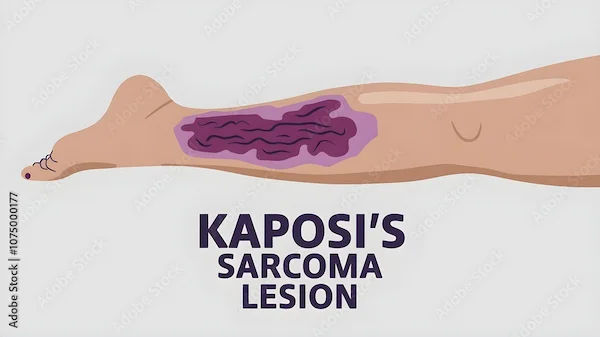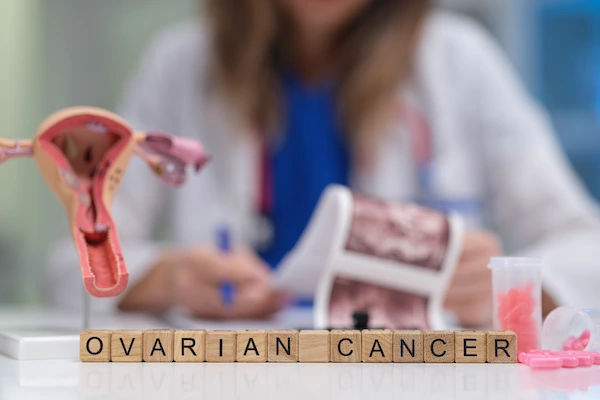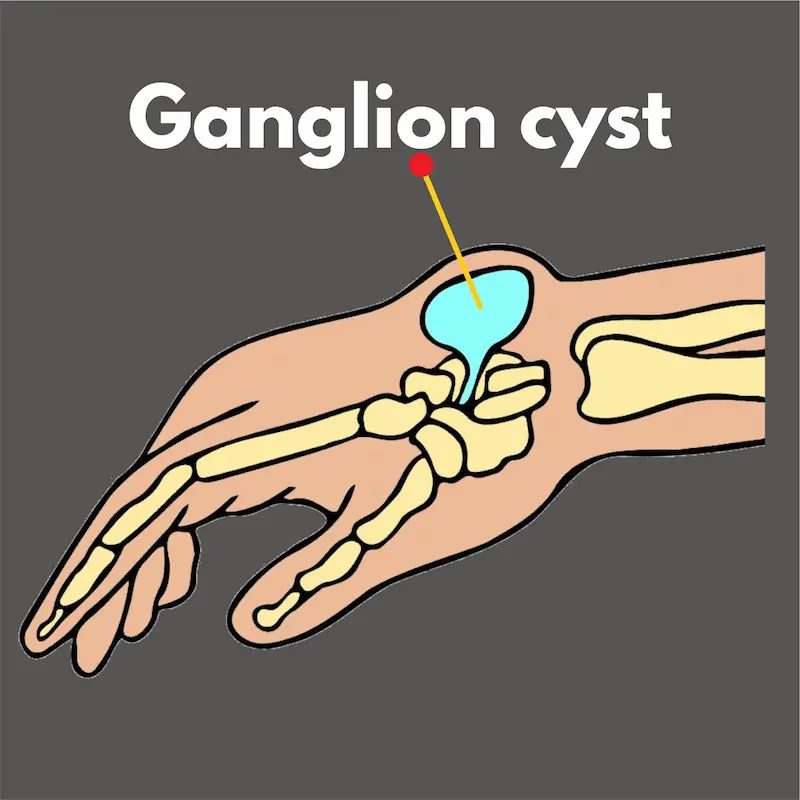Chemotherapy Basics: All You Need To Know About Chemotherapy!
Aligning with the chemotherapy basics can help tackle all pre-chemo concerns and fears. Learn all about the chemotherapy fundamentals here.

Written by
Last updated on 13th Jan, 2026
Chemotherapy is one of the most widely used treatments for cancer, playing a crucial role in controlling the spread of the disease and, in some cases, achieving a complete cure. It involves the use of powerful drugs designed to target and destroy rapidly dividing cancer cells. While chemotherapy is an essential component of cancer treatment, it is often accompanied by side effects that can impact a patient’s quality of life. Understanding how chemotherapy works, when it is used, and how to manage its effects can help patients and their families navigate the treatment process with greater confidence.
The primary goal of chemotherapy varies depending on the type and stage of cancer. In some cases, it is used as a curative treatment, aiming to eliminate cancer entirely. In other situations, it serves a palliative purpose, helping to shrink tumours, slow disease progression, or alleviate symptoms to improve a patient’s comfort. Chemotherapy may also be administered before surgery (neoadjuvant therapy) to reduce tumour size or after surgery (adjuvant therapy) to prevent cancer recurrence.
How Chemotherapy Works
Chemotherapy drugs work by disrupting the ability of cancer cells to grow and divide. Since cancer cells multiply uncontrollably, chemotherapy aims to slow or stop this process. However, because it affects all rapidly dividing cells, healthy cells may also be impacted, leading to common side effects such as hair loss, fatigue, and nausea.
There are several types of chemotherapy drugs, each working in different ways to combat cancer:
Alkylating agents: Damage the DNA of cancer cells, preventing them from replicating.
Antimetabolites: Interfere with the cell’s ability to process nutrients necessary for growth.
Plant alkaloids: Block cell division by disrupting microtubules, structures necessary for cell division.
Topoisomerase inhibitors: Prevent DNA from unwinding and replicating, stopping cancer cell proliferation.
The choice of chemotherapy drug depends on the type and stage of cancer, as well as the patient’s overall health and treatment goals.
Indications for Chemotherapy
Chemotherapy is used for various types of cancer, either as a standalone treatment or in combination with surgery, radiation, or targeted therapy. It is particularly important in cancers that spread through the bloodstream or lymphatic system, such as leukaemia, lymphoma, and multiple myeloma. It is also a crucial treatment for solid tumours, including breast, lung, colorectal, ovarian, and pancreatic cancers.
The decision to use chemotherapy depends on several factors, including:
Cancer type and stage: Chemotherapy is more commonly used for aggressive or advanced-stage cancers.
Metastasis: If cancer has spread to other parts of the body, chemotherapy is essential in controlling its progression.
Patient’s overall health: Some patients may not tolerate chemotherapy well, requiring adjusted dosages or alternative treatments.
Treatment goals: Chemotherapy may be used as:
Primary treatment – When surgery is not possible, particularly in blood cancers.
Neoadjuvant therapy – To shrink tumours before surgery.
Adjuvant therapy – To eliminate remaining cancer cells after surgery.
Administration of Chemotherapy
The method of administering chemotherapy depends on the type of cancer, the specific drug, and the patient’s overall condition.
Some of the common methods of chemotherapy administration include:
Intravenous (IV) infusion: The most common method, where chemotherapy drugs are delivered directly into the bloodstream.
Oral chemotherapy: Pills or capsules that patients take at home, offering greater convenience.Intramuscular and subcutaneous injections: Used for specific cancer types that respond well to localised treatment.
Intraperitoneal chemotherapy: Administered directly into the abdominal cavity for abdominal cancers such as ovarian cancer.
Chemotherapy is typically administered in cycles, allowing the body time to recover between doses. The schedule may include:
Daily or weekly treatments: For cancers requiring continuous suppression.
Multi-week cycles: Given in intensive sessions followed by rest periods to allow the body to recover.
The frequency and duration of chemotherapy depend on cancer type, treatment goals, and the patient’s tolerance to the therapy.
Side Effects of Chemotherapy
Because chemotherapy affects both cancerous and healthy cells, it is known to cause side effects that vary in severity. Common side effects include:
A persistent sense of exhaustion that may interfere with daily activities
Nausea and vomiting
Hair loss, a temporary but distressing side effect for many patients
Mouth sores that can make eating and drinking uncomfortable
Weakened immune system that increases the risk of infections due to reduced white blood cell counts
While most side effects subside after treatment, long-term effects may include nerve damage (neuropathy), heart complications, fertility issues, and an increased risk of secondary cancers. Regular monitoring and follow-up care are essential to address these risks.
Managing Side Effects
There are several ways to help manage chemotherapy side effects and improve a patient’s quality of life during treatment. Anti-nausea medications, pain relievers, and dietary modifications can alleviate discomfort, while maintaining hydration and proper nutrition can support the immune system.
Supportive therapies, such as acupuncture, massage therapy, and mind-body techniques like meditation, have been shown to reduce stress and improve well-being. Exercise, even in small amounts, can help combat fatigue and enhance physical strength. Patients are encouraged to communicate openly with their healthcare team about any side effects to ensure appropriate management strategies are in place.
Chemotherapy in Combination with Other Treatments
Chemotherapy is often used alongside other cancer treatments to enhance its effectiveness. When combined with surgery, chemotherapy can shrink tumours before removal (neoadjuvant therapy) or eliminate residual cancer cells afterwards (adjuvant therapy).
It is also frequently combined with radiation therapy, particularly in cancers where a combination approach increases treatment success. Radiation targets localised cancer cells, while chemotherapy works systemically, ensuring that microscopic cancer cells do not spread elsewhere in the body.
Innovations and Advances in Chemotherapy
Advancements in cancer treatment have led to the development of targeted therapies, which focus on specific genetic mutations and molecular markers in cancer cells. These therapies offer a more precise approach, minimising damage to healthy tissues and reducing side effects.
Additionally, the integration of immunotherapy with chemotherapy has shown promising results. Immunotherapy helps boost the body’s natural defences to recognise and attack cancer cells, making it a powerful addition to traditional chemotherapy in certain cancers, such as lung cancer and melanoma.
Patient Support During Chemotherapy
Navigating chemotherapy can be challenging, but emotional and practical support is available. Support groups provide a sense of community, allowing patients to share their experiences and receive encouragement. Counselling services help address the psychological impact of cancer treatment, including anxiety and depression.
Nutritional and lifestyle support are also essential during chemotherapy. Opting for a balanced diet, staying physically active, and maintaining social connections contribute to overall well-being and can improve treatment outcomes. Many cancer centres offer integrative care programs that focus on the holistic health of patients undergoing chemotherapy.
Conclusion
Chemotherapy remains a cornerstone of cancer treatment, offering hope and improved survival rates for millions of patients. While it can be physically and emotionally challenging, advancements in targeted therapy and supportive care have made chemotherapy more effective and manageable.
Understanding how chemotherapy works, being aware of its side effects, and taking proactive steps to maintain physical and mental well-being can help patients navigate their treatment journey with resilience. Continued research and innovation in cancer treatment will further improve chemotherapy’s effectiveness, reducing its impact on healthy tissues while increasing its precision in fighting cancer.
Consult Top Oncologists
Consult Top Oncologists

Dr. Rupam Manna
Radiation Specialist Oncologist
7 Years • MBBS MD(RADIO THERAPY), CCEBDM
Barasat
Diab-Eat-Ease, Barasat

Dr.sanchayan Mandal
Medical Oncologist
17 Years • MBBS, DrNB( MEDICAL ONCOLOGY), DNB (RADIOTHERAPY),ECMO. PDCR. ASCO
Kolkata
Dr. Sanchayan Mandal Oncology Clinic, Kolkata

Dr. Sanchayan Mandal
Medical Oncologist
17 Years • MBBS, DrNB( MEDICAL ONCOLOGY), DNB (RADIOTHERAPY),ECMO. PDCR. ASCO
Kolkata
MCR SUPER SPECIALITY POLY CLINIC & PATHOLOGY, Kolkata
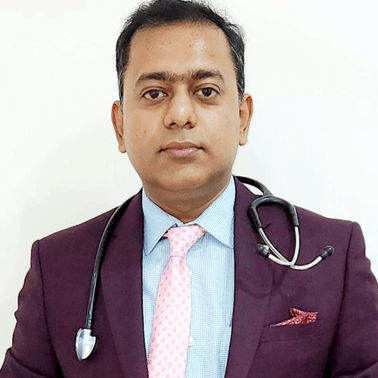
Dr. Sanchayan Mandal
Medical Oncologist
17 Years • MBBS, DNB Raditherapy, DrNB Medical Oncology
East Midnapore
VIVEKANANDA SEBA SADAN, East Midnapore
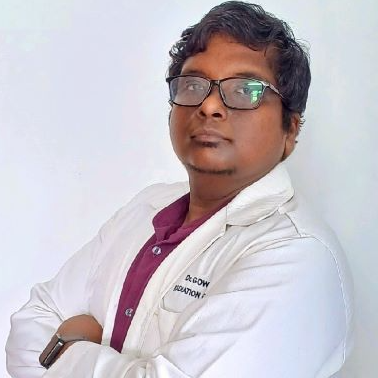
Dr Gowshikk Rajkumar
Oncologist
10 Years • MBBS, DMRT, DNB in Radiation oncology
Bengaluru
Apollo Clinic, JP nagar, Bengaluru
